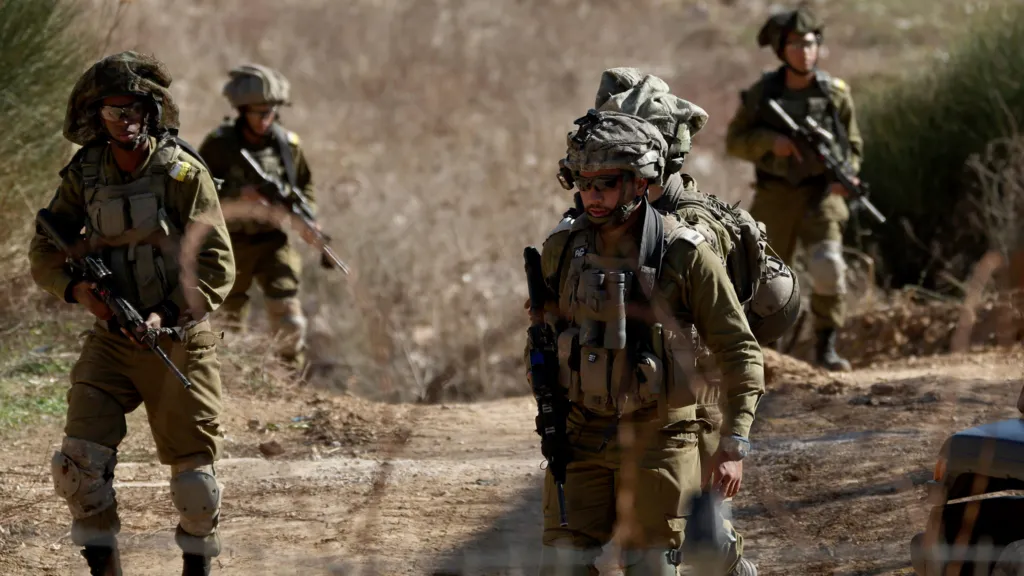Israel has confirmed it carried out airstrikes on Syria, targeting sites suspected of housing chemical weapons and missile stockpiles. The operation aims to prevent these weapons from falling into the hands of extremist groups, particularly following the fall of Syrian President Bashar al-Assad’s regime.
Israel’s Foreign Minister, Gideon Saar, emphasized that the airstrikes were a response to the growing threat posed by these weapons. Media reports indicate that Israeli forces have conducted dozens of airstrikes over the past two days, including a strike on a Damascus site believed to have been used by Iranian scientists for rocket development.
The airstrikes come amid warnings from the UN’s chemical weapons watchdog, the Organization for the Prohibition of Chemical Weapons (OPCW), which urged Syrian authorities to secure any remaining chemical weapon stockpiles. According to the Syrian Observatory for Human Rights (SOHR), a UK-based monitoring group, Israeli airstrikes targeted multiple locations across coastal and southern Syria overnight on Monday.
Since the fall of the Assad regime, Israel has reportedly launched intensive airstrikes, focusing on destroying weapons and ammunition depots. The use of chemical weapons, which are prohibited under international law, has been a significant concern in Syria. Although Syria declared the destruction of over 1,300 tons of chemical weapons following the 2013 chemical attack in Damascus, reports suggest that some stockpiles remain undeclared.
The OPCW has contacted Syria to emphasize the importance of ensuring the safety and security of chemical weapons-related materials in the country. Despite the Syrian government’s efforts to dispose of chemical weapons, attacks involving such weapons have continued.
The Israeli airstrikes also coincide with a temporary Israeli military presence in the Golan Heights, a region seized from Syria in 1967 and annexed in 1981. Israel’s Defense Minister, Israel Katz, stated that the military’s focus would be on neutralizing “heavy strategic weapons,” including missile and air defense systems. Saar clarified that Israel’s presence in Syria’s demilitarized buffer zone was a “temporary defensive step” aimed at protecting Israeli citizens.
The military action follows the capture of Damascus by rebel forces, including the Islamist opposition group Hayat Tahrir al-Sham (HTS), which declared Syria “free” after overthrowing the Assad regime. Israeli Prime Minister Benjamin Netanyahu called the regime’s collapse a “historic day” for the region.
Israel has historically maintained a cautious stance toward the Assad regime, which received substantial support from Hezbollah and Russia. With the shifting dynamics in Syria, Israel’s military actions reflect growing concerns about instability along its northern borders, particularly in light of Hezbollah’s involvement in the ongoing Israel-Gaza conflict.
Netanyahu has stated that Israel seeks peaceful relations with any new forces emerging in Syria, but remains committed to defending its borders. Israel is particularly sensitive over the Golan Heights, where thousands of Israeli settlers live alongside a significant Druze population. The area remains a focal point of regional tensions, especially with HTS leadership linked to the region.







